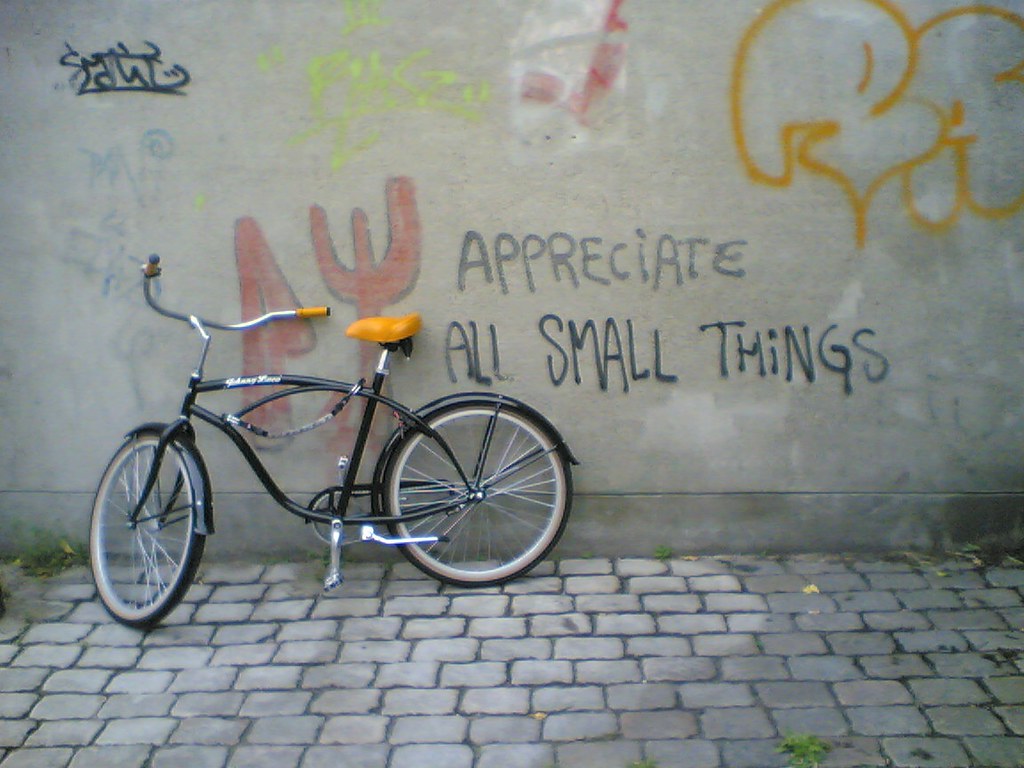In the dance of life, where emotions sway like leaves in an autumn breeze, it’s those tiny, often overlooked moments that craft the rhythm of our days.
Happiness, that elusive butterfly, flutters from shade to sunshine, never quite settling. Even the sunniest souls know the touch of a shadow, just as those walking through the fog can occasionally glimpse light rays.
Picture the world’s great dramas, like a war’s end—nations breathe a collective sigh of relief, and the air is thick with euphoria. Yet, as the fanfare and energy of celebration fades, life’s cadence resumes. The sun dips below the horizon, night follows day, and we return to our lives—the exuberance of peace morphs into the steady hum of existence.
This is the nature of our emotional landscape—a tapestry woven with threads of contrasting feelings, a spectrum rather than a state. When illness relinquishes its grip, leaving us to bask in the relief of wellness, we’re not reaching new heights of joy; we’re returning to our baseline, our equilibrium.
Contentment, then, is our home base, a serene valley between the peaks and troughs of joy and sorrow. It’s not a roaring fire but the gentle warmth of embers that doesn’t demand fanfare. It’s a quiet room in the house of our psyche where we’re just fine, thank you.
And maybe, just maybe, in our pursuit of happiness, we’ve overlooked the quiet charm of simply being content. For in contentment, there’s space to breathe, to be, to appreciate the small, ordinary wonders that are anything but ordinary when we pause to look. Your life’s mosaic—family, health, the work that fills your days—is rich with facets to be grateful for. Lose one, and you’ll feel the weight of its absence. Recognizing this can, in a flicker, ignite a spark of happiness.
In the vibrant spectrum of DISC personalities, each hue can glean its own wisdom from embracing contentment.
- With their dynamic drive, the ‘D’ types can learn to pause and breathe in the quiet satisfaction of a job well done, realizing that not every moment needs to be charged with intensity.
- For the ‘I’ types, the social butterflies, there’s a sweet solace in appreciating the laughter and connection in daily interactions, understanding that joy isn’t always a loud party—it can be a shared smile or a kind word.
- The ‘S’ types, our harmonious nurturers, can find strength in the stability that contentment offers, a gentle reminder that their steadfast support is a cornerstone of happiness for themselves and others.
- Lastly, with their meticulous nature, the ‘C’ types can take heart that contentment doesn’t require perfection—it’s found in the grace of the process and the small steps towards a well-organized life.
For all, learning to embrace contentment can help in striking a balance between the pursuit of happiness and the grace of being content with what is.
Journal Prompts to Encourage Embracing Contentment
Use one or more of the prompts below to inspire your current (or future) journal entries. Give yourself the grace and the gift of time to consider the words, feel the emotions, and then express yourself in writing.
- Reflect on a small, routine moment that recently gave you a sense of peace. What was it, and how did it contribute to your overall sense of contentment?
- Consider a time when you experienced a shift from discomfort to comfort—how did this change in your mental or emotional state enhance your appreciation for your everyday baseline?
- Write about the ‘ordinary’ aspects of your life that you may often overlook. How do these contribute to your sense of contentment?
- Think about a time when you felt a burst of happiness. What triggered it, and how did it differ from your usual state of contentment?
- Describe a moment when you recognized the value of contentment over the pursuit of constant happiness. How has this realization shaped your outlook on life?






Yes. Contentment is a great feeling for sure.